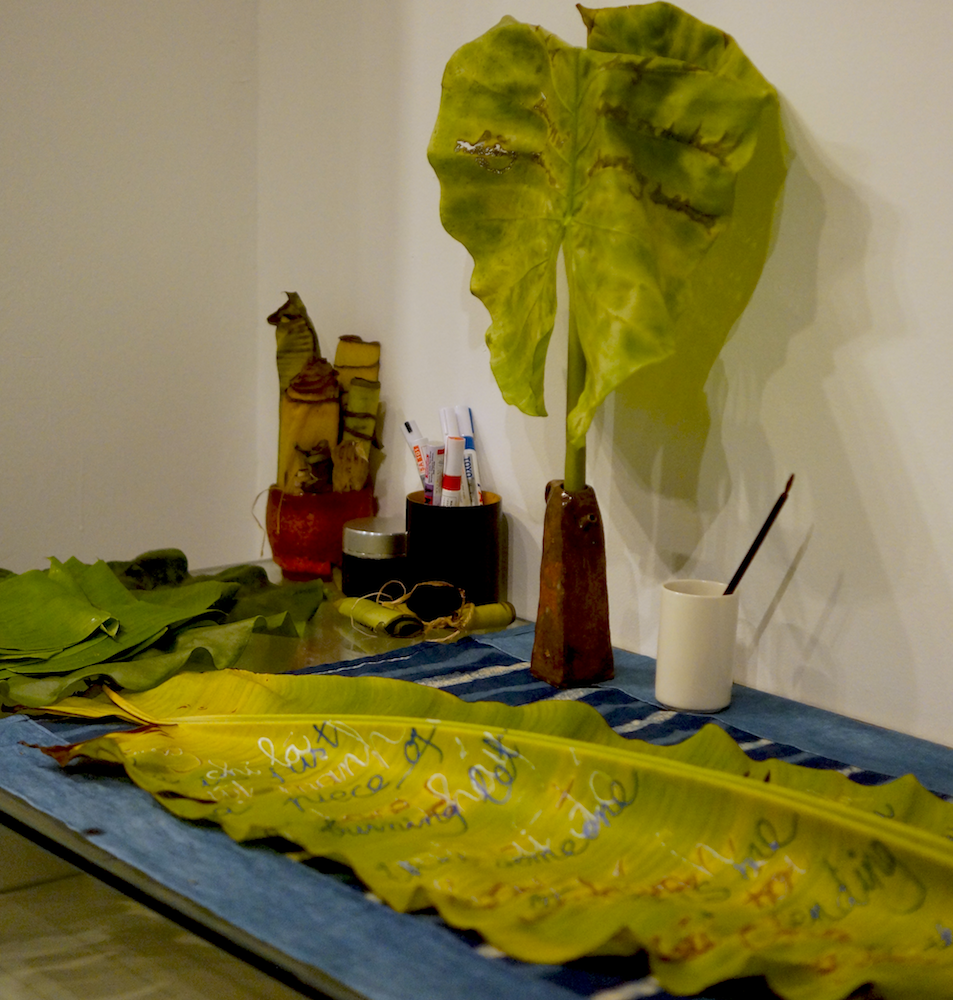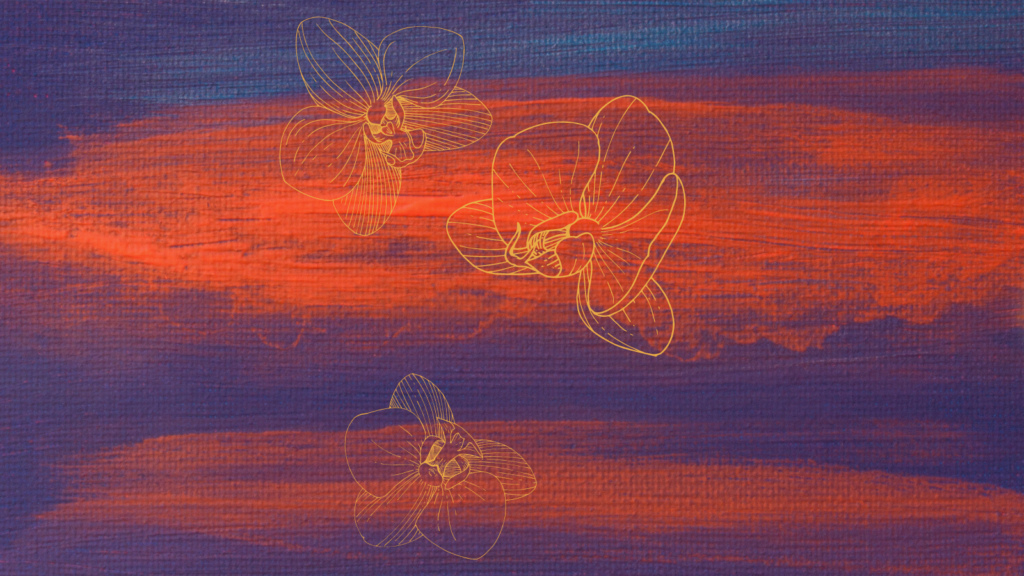On AAWW as a space of solace and connection
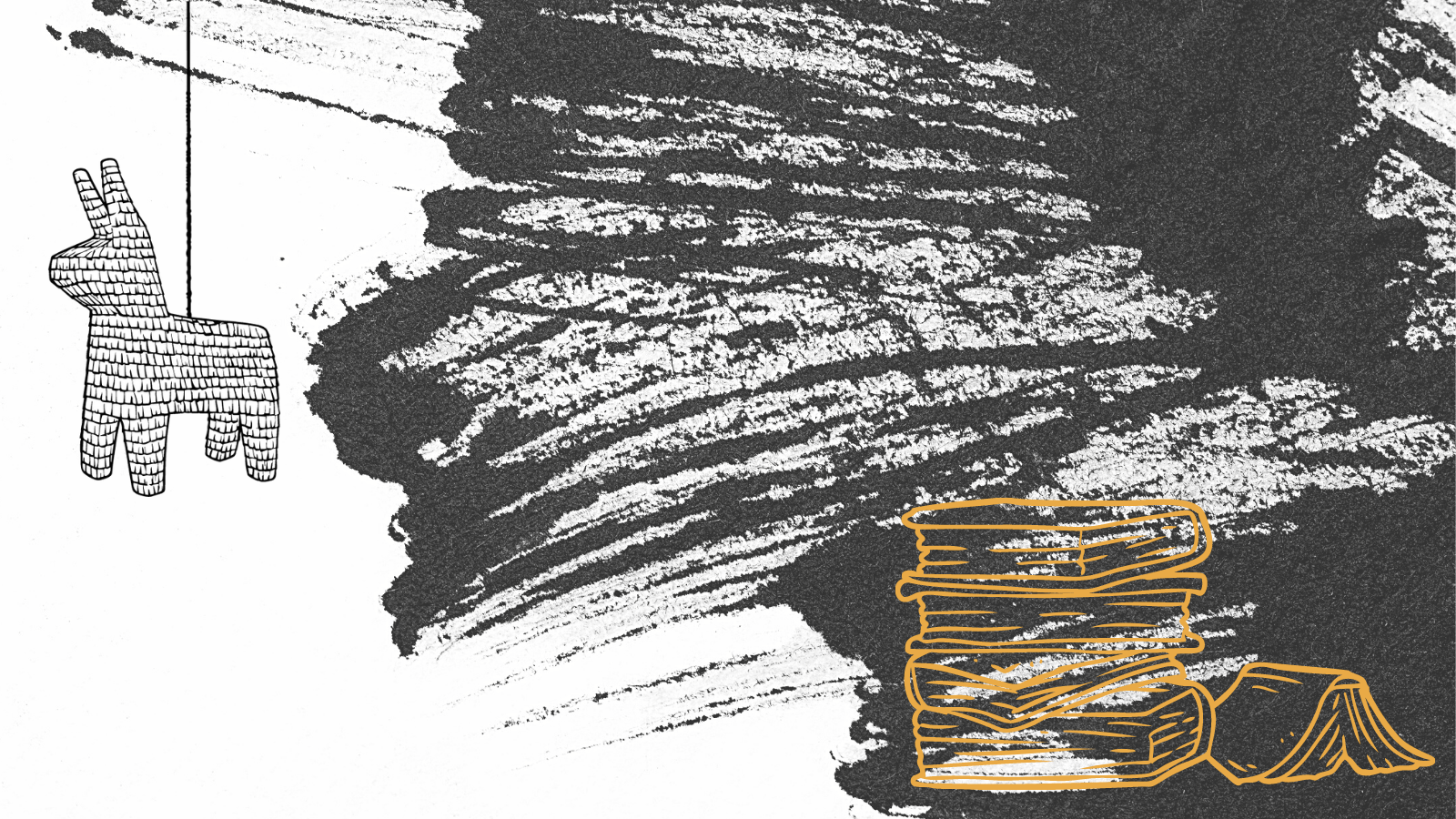
December 16, 2021
Editor’s Note: As the Asian American Writers’ Workshop celebrates its 30th anniversary, we invited current and former editors, writers, community members, and workers to make new meaning from the Workshop’s archive. Together, they have awakened AAWW’s print anthologies and journals, returned to the physical spaces of the Workshop starting from our basement location on St. Mark’s, and given shape to the stories from within AAWW that circulate like rumors, drawing writers back again and again. In revisiting the Workshop’s history, we hope for insight into the ever-changing landscape of Asian diasporic literature and politics and inspiration to guide us forward in our next 30 years. Read more in our AAWW at 30 notebook here.
I am in middle school and in New York City with my family. We sit in a packed standing-room only loft in Koreatown listening to Vijay Prashad and Vivek Bald discuss Bald’s short film Taxi-vala / Auto-biography. The room is warm. It is hard to hear. Prashad’s young daughter sits on the edge of the stage, reading a book. The crowd of young South Asians is like nothing I have ever seen before. The conversation about labor, migration, and organizing nothing like I’ve ever heard. As Prashad discusses the predatory medallion system that New York City taxi drivers are subjected to, the audience seems to lean in closer in unison and there is a shift in the room—a shift that I come to recognize, in the following decades, as something that happens very infrequently in most literary and intellectual spaces, but so often at the Workshop. It is a shift marked by a change in energy in the room. The temperature rises a degree, perhaps, and we all sense that together we are witnessing something magical, meaningful.
When I move to New York after college, I return over and over again for readings and parties and open mic nights and South Asian Womxn’s Creative Collective board meetings and happy hours to hear the stories of Asian Americans and connect over the textures of our lives. I make friends, meet writers I grew up admiring, encounter emerging voices, deepen my political commitments, and nurture one of the most important parts of my identity: that of a reader.
In 2011, when Ken Chen, the executive director at the time, invites me to interview for the programming manager position, I am nervous. I step off of the elevator on the sixth floor of 110-112 W. 27th Street, and sit at a long table in front of a group of board members. Hua Hsu looks up from my resume, clears his throat, and asks, “Where were you on 9/11?” Jennifer 8. Lee wants to know what kind of food truck I would open if she gave me $500,000. I stutter and stumble along, “a senior in high school,” and, “a Bombay-inspired street food truck.”
A few days later, I start. I’m the first to arrive. I flip on the lights and settle at my desk. I look toward the green couch on the stage that has hosted so many incredible writers, thinkers, and artists. Lan, the development director, comes in shortly after, and over the humming of those old Dell computers, we talk about our favorite books, dream up pairings for readings and youth workshops, and imagine the communities the space can continue to foster.
Some of our dreams are realized that October, when we organize the literary festival PageTurner in honor of the Workshop’s 20th anniversary. Jessica Hagedorn (who receives a Lifetime Achievement Award that year), Min Jin Lee, Amitav Ghosh, and others gather on a snowy day in DUMBO. Outside it is freezing, but inside we huddle together, listening to and basking in the presence of some of the most exciting writers of our time. Min Jin Lee encourages the audience: “What everybody tells you… that what you’re writing about is different or weird and it’s not going to work… what they don’t realize is that there are all these untapped readers out there who are actually waiting for that weird thing you’re going to write.” And I feel that shift.
Nancy, Tara, and I transport carts of supplies over icy cobblestone streets back and forth between the multiple festival sites. At Verso Books, we move desks and stacks of books to create a dance floor, then install piñatas that we take turns stumbling and swinging at during the after-party—drunk boxers searching for our opponents in the dark. Eddie Huang deejays. My partner James carries in a sheet cake. We all sing happy birthday to the Workshop.
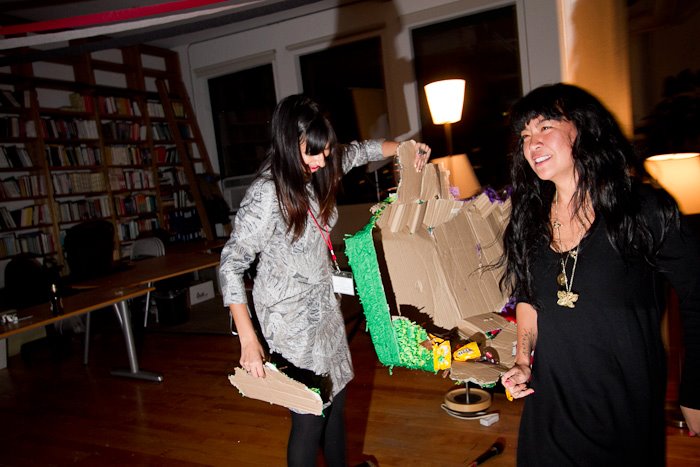
The Workshop has always been a place of possibilities. Where we create conversations and opportunities and connections for our communities that exist nowhere else. Where we read and listen together, and think collectively about our lives and the kind of world we’d like to inhabit. It’s where we cram in too tight, lean in together, and listen to artists and writers whose words never fail to reveal something new about ourselves.
These past 20 months have been marked by unfathomable loss, grief, and trauma. The extreme isolation, the death, the murders, and the government neglect have all revealed the precarity of the systems under which we live. When I think about the places that bring solace and comfort, that make me feel hopeful and connected—the places I would like to return to when possible, now with my young daughter born in the early weeks of the pandemic in April 2020—I think of the Workshop. I hope she too might find a home and an intellectual community within its book-shelved walls and fall in love with the worlds that writers and their works offer us all.
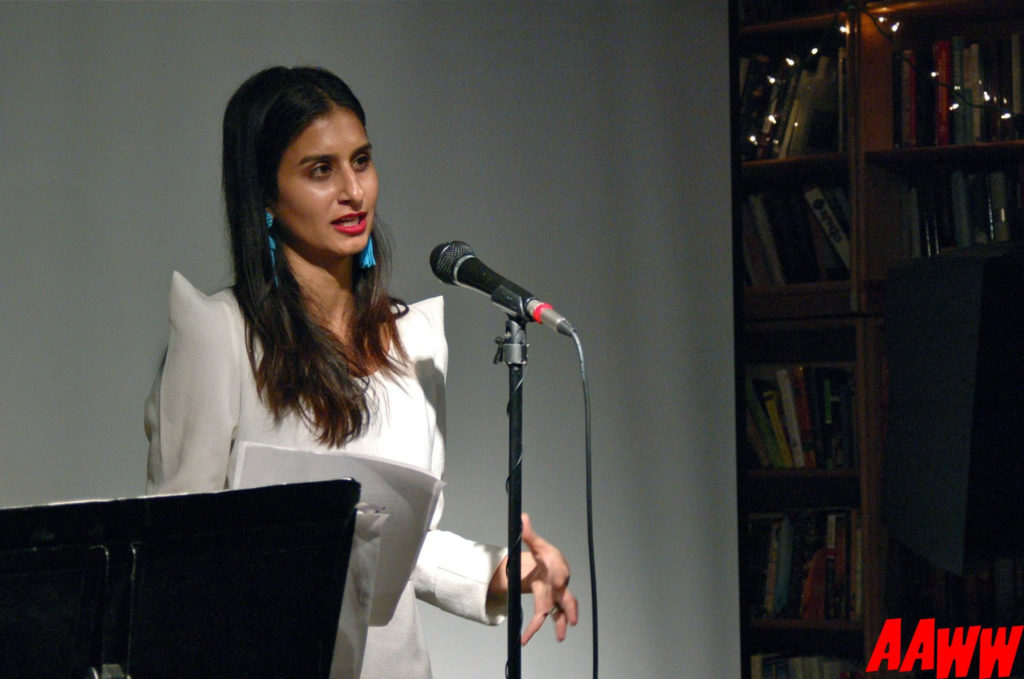
Read more reflections on AAWW’s space from Peter Ong, Jeannie Wong, Sophia Hussain, and Jafreen Uddin.

